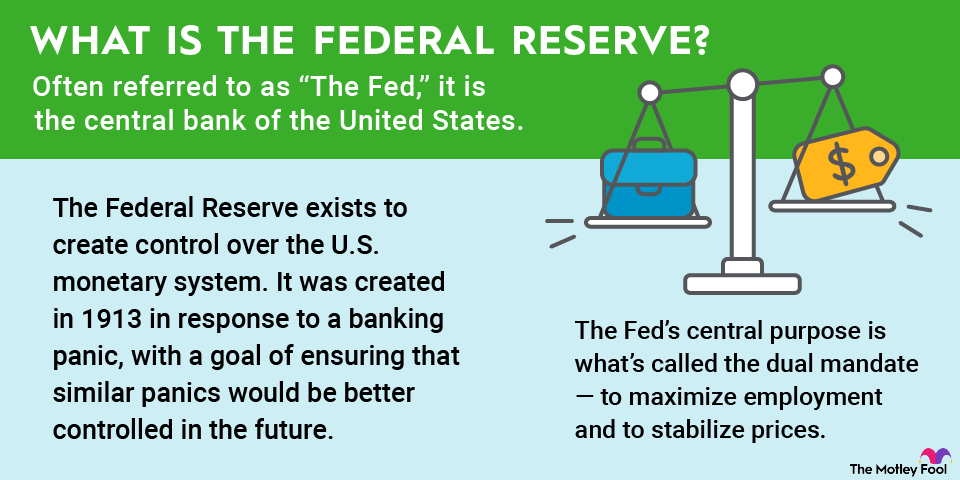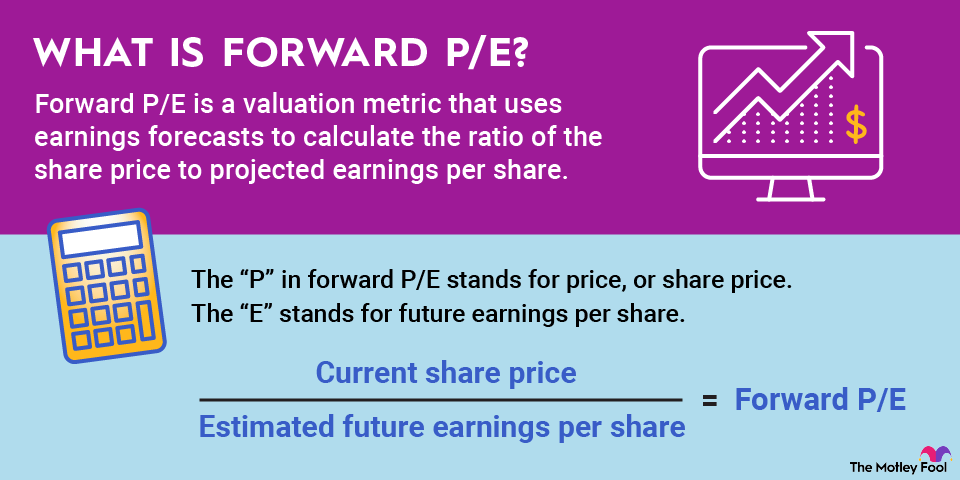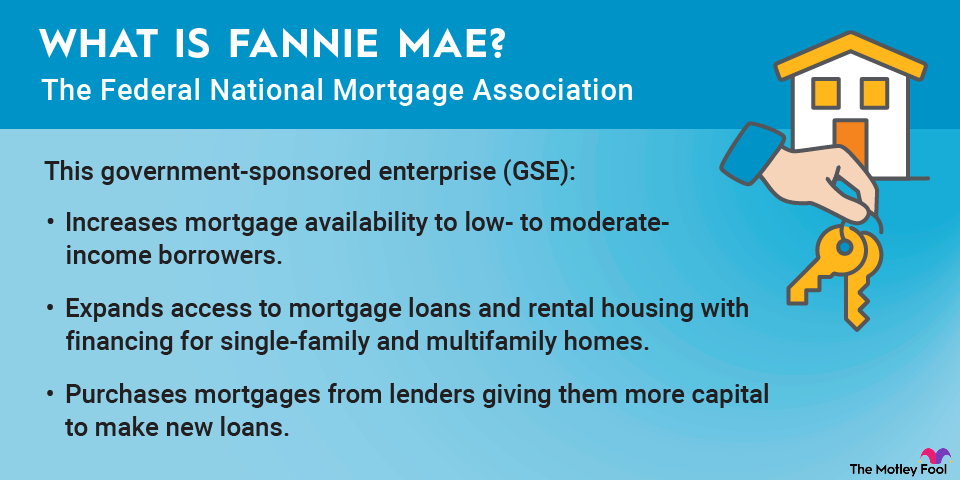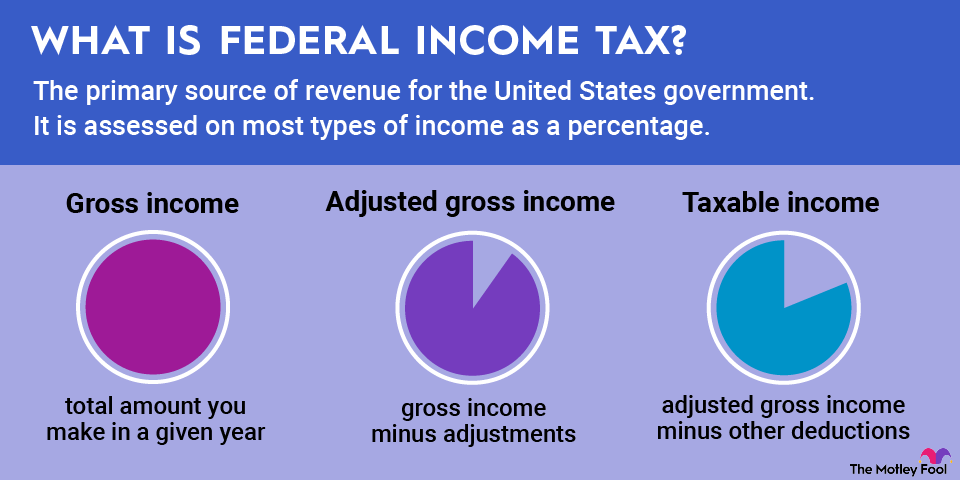When would you need a financial advisor?
A financial advisor may be a good fit if your finances feel complex, your goals feel unclear, or you’ve experienced a major life change that affects your money.
Financial goals that may warrant an advisor
You might consider working with an advisor if you want help with goals such as:
- Paying off debt more efficiently
- Investing for retirement
- Saving for a major purchase, like a home
- Planning for college costs
- Preparing for future healthcare expenses
- Creating an estate or legacy plan
An advisor can help you prioritize these goals and build a realistic plan to reach them.
Life changes that often trigger the need for advice
Major life events often require a new approach to managing money, including:
- Marriage or divorce
- Having a child
- Getting a new job or losing one
- Starting or closing a business
- Receiving an inheritance
In these situations, a trained advisor can help you reassess your finances and adjust your strategy accordingly.
How to hire a financial advisor
The right financial advisor should have expertise that matches your needs and strong communication skills. You’ll be discussing sensitive financial details, so trust and clarity matter.
Where to find financial advisors
Start by asking friends, family, or professional contacts for recommendations. You can also search for advisors in your area using reputable databases, such as:
- The Better Business Bureau
- FINRA’s BrokerCheck
- Investment Adviser Public Disclosure (IAPD)
- CFP Board’s advisor database
From these sources, create a shortlist of potential advisors.
How to evaluate a financial advisor
From your shortlist, interview at least three advisors. The personal interview is your opportunity to assess the individual's professionalism and communication skills. You can also inquire about:
- References: Has the advisor worked with clients like you before, and what was the result?
- Credentials: What credentials does that advisor hold and what was required to secure those credentials?
- Expertise: What are the most common goals across the advisor's client base? What is the average net worth of the client roster?
- Fees: Does the advisor charge commission, flat fees, hourly rates, or a percentage applied to funds under management? Note that commission-based charges can encourage an advisor to promote heavy trading, which may not be in your best interest. If you’re unsure what these models typically cost, here’s a breakdown of how much a financial advisor costs.
Understanding standards of care
Financial advisors should follow either:
- The fiduciary standard of care, which requires them to act in your best interest across all financial advice, or
- The “best interest” standard under the SEC’s Regulation BI, which applies specifically to investment recommendations.
Both standards require advisors to prioritize your interests, but the fiduciary standard applies more broadly beyond investment recommendations.



















